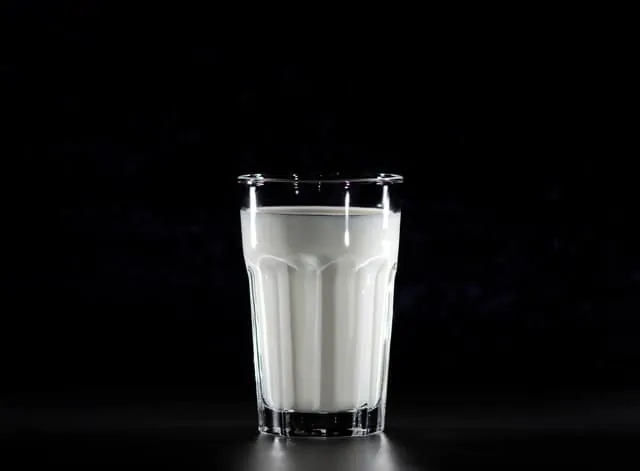
When you’re choosing the right milk for your family, you certainly have a lot of options to pick from these days. From milk made from almonds to milk made from coconuts, and from soy milk to cow’s milk, the dairy aisle is packed with so many different varieties of milk how can you possibly choose?! Don’t worry. Believe it or not, your dentist in Strongsville is here to help. Today, we’re going to take a closer look at how two of the most popular forms of milk, soy and cow’s milk, can affect your teeth.
Cow’s Milk
The tried-and-true milk choice of dentists and many healthcare professionals is good old fashioned cow’s milk and for good reason. Cow’s milk is packed with two of the most important ingredients that our teeth (and our bones!) need to stay strong and healthy. We’re talking about the combination of calcium and vitamin D. This powerful duo is crucial for replenishing minerals in the teeth. You see, tooth enamel weakens when it’s attacked by acids and its otherwise suburb protection is diminished. This leaves teeth at increased risk of infection, decay, and cavities. To help remineralize tooth enamel, we need to supply our bodies with calcium and vitamin D, and as you know, cow’s milk is an excellent source of these two minerals.
Soy Milk
Soy milk, on the other hand, still contains calcium and vitamin D but in significantly lower amounts. But that’s not all. One study found that bacteria commonly found in the mouth produced five to six times more acid when introduced to soy milk as compared to cow’s milk. An increase in acid means an increase in enamel erosion as well as an increase in the risk of decay and cavities. Keep in mind, this was one study and more research is needed to suggest a strong correlation between soy milk and cavities.
A Few Exceptions
While the benefits of cow’s milk can certainly help build strong, healthy teeth and bones, some people can’t drink it due to lactose intolerance. Those who are lactose intolerant have trouble digesting lactose, which is naturally occurring in cow’s milk and other dairy products. Instead of cow’s milk, individuals with lactose intolerance should choose a type of milk that’s easier to digest, such as calcium-fortified coconut or almond milk.
Other exceptions to choose an alternative to cow’s milk may be for religious, moral, or dietary reasons. In all cases, it’s important to your dentist in Strongsville that those who can’t drink cow’s milk should supplement their calcium intake with other foods such as nuts, seeds, fish, and vegetables, and to talk with their doctor about whether or not they need a calcium supplement.
As always, even though diet plays an important role in oral health, it’s still incredibly important that you and your family see your Strongsville dentist every six months. These dental checkups give your dentist the opportunity to ensure that there aren’t any tiny problems lingering around just waiting to cause a bigger, potentially painful problem, and they give your dental hygienist the chance to thoroughly clean those pearly whites. Plus, it’s always nice to you.
If it’s been longer than six months since your last dental visit, call us to schedule an appointment today!